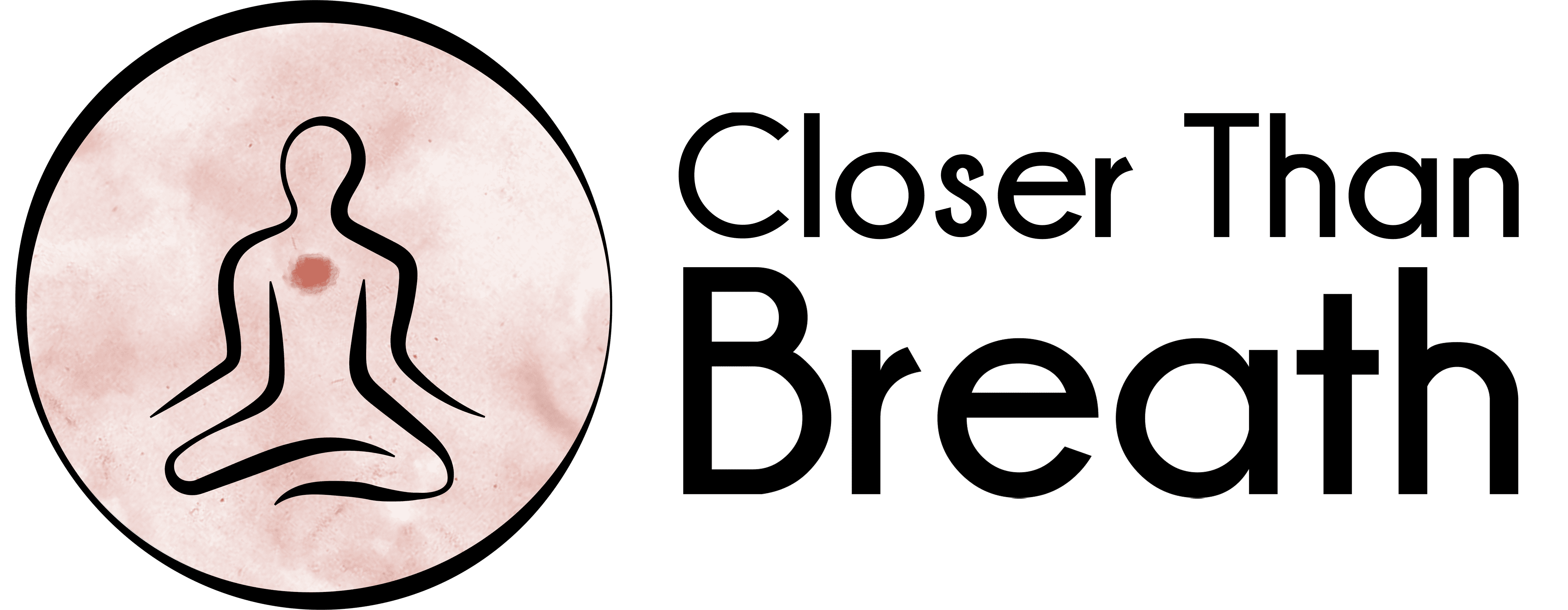I’m very happy to share a new Author Interview with Carmen Acevedo Butcher, translator of The Cloud of Unknowing and more recently, Brother Lawrence’s work Practice of the Presence.

Question 1
You've translated a number of classic contemplative books, including The Cloud of Unknowing and the works of Brother Lawrence. What message do these contemplative masters have for those of us walking the contemplative way in the 21st century?

That’s a great question, Keith. It’s why I translated them. Translating is the most intimate form of reading. It is a way of devouring, slowly, nourishing texts like The Cloud, Brother Lawrence’s Practice of the Presence, Hildegard of Bingen, Catherine of Siena, and Julian of Norwich. They’re healing, good food for the true self.
I love how real they are. Those who meditate aren’t elite beings, they’re human beings. Anyone. It’s encouraging.
The Cloud’s Anonymous may have been a working-class man who became a Benedictine cardinal, or perhaps was a Carthusian monk. Either way, when you read him in the Middle English, he’s no guru. He’s an encouraging teacher who’s sometimes brusque, human. He doesn’t see himself as a guru, either, telling his student: “I myself am far from having mastered [contemplation’s] . . . spiritual techniques.” Born Nicolas Herman, Brother Lawrence was one of 98% in the non-privileged Third Estate in 17th-century France. He had no formal education, soldiered in the 30 Years’ War, knew severe anxiety, and lived for decades with a disabling, painful war injury.
Their lives remind us—we don’t need to wait until we feel “ready” to do contemplation. We just have to do it. Brother Lawrence tells a nun how to practice the presence prayer: “Start where you are. Do your best.”

Question 2
What might these contemplative teachers have to say to us today about the way we approach the season of Advent?
Brother Lawrence might think “we deserve compassion for settling for so little.” I doubt he would recognize Advent in the materialism and rancor of our day—while the poor sleep on the sidewalks and our neighbors are cold and hungry.
He spent his monastic life as if every day was the season of Advent. So much so, I imagine every time Brother Lawrence was out at night, he noticed the stars. You know that Ralph Waldo Emerson quote:
“If the stars should appear one night in a thousand years, how we would believe and adore.”
But instead, Emerson says, the miraculous stars above us are taken for granted because they simply come out every night.
Living out his vow of poverty as a Discalced Carmelite lay brother, Brother Lawrence wore a coarse habit and sandals, and spent his life cooking for 100 brothers, washing dishes, and mending sandals when he could no longer stand for long.
Though he hated kitchen duty, he learned to do it without resentment, by practicing the presence, eventually doing it from love for those he was serving. The friar made all of life into prayer—washing dishes, spending time in chapel, helping the poor.
The Cloud’s Anonymous would feel the same. He teaches that every second is holy. He might ask us: “Isn’t each moment the Advent, the birth of the Holy in us?” He advises his student not to waste time:
“Some people believe contemplation is time-consuming, but it’s not. In fact, it takes less time than anything else you’ll ever do. It’s as brief as an atom. . . . We only get the present moment.”
Both would find profound value in the Closer Than Breath community and inviting all seekers to an interfaith advent gathering. Both experienced healthy ritual, inclusivity, and community as integral to the contemplative path.
Question 3
Advent falls during what is probably the busiest holiday season on the planet. What does it mean to approach Advent with a contemplative mind and heart?

Your question cues up in me this Quaker chant I love. Paulette Meier, a wonderful musician, and her friend the lyricist Gerard Guiton combined their talents, creating “Stillness.” It goes like this:
“Stillness, deep, deep within us, from small beginnings it flows, into the living water. The ocean of God, through our stillness God moves.”
They gave me permission to sing and post it on my YouTube Channel. I sing it a lot. Whenever I sing it, it makes Advent in me, bringing me into the numinous now of love, joy, calmness, and compassion, at any time.
Advent can also collapse into the busiest holiday season, another reason I value contemplation. Slow down, contemplation says. Let go. Sing. Heal. Be compassionate. In the middle of life’s uncertainties, pain, and joy, contemplation is about slowing down, having reverence for our holy identity, embracing creation and all creatures as sacred, valuing simplicity, going for a walk in silence, knowing community as holy, growing in our awareness of interdependence, healing both in silence and together, and going out to contribute to the Common Good.

Question 4
Our modern, western culture understands Jesus and Christ in a very particular way. What unique understanding do these contemplatives of old have to teach us about Jesus and Christ?
I was raised in a world of warrior-king Christ: “Onward Christian soldiers, marching as to war,” we sang in church as kids. It felt like a football game where one team must dominate the other and establish superiority—this Jesus Christ was a winner, and only through his death-and-resurrection could a soul be saved, which made me wonder then: Didn’t God love people before that too? Meanwhile, I kept reading in the Bible: “God is love,” “Love one another as you love yourself,” and “You’re all one in Christ Jesus.”
Uniquely, contemplative literature takes us beyond the limitations of binary-aligned competition. Anonymous and Brother Lawrence experience the Trinity as foundational to their lived experience. Contemplation is their way of seeing, as well as living. They experience Jesus as kind friend who helps them embrace the sacredness of their humanity.
Anonymous tells his student:
“It is good you said, ‘For the love of Jesus.’ For in the love of Jesus you’ll find your help. Love is so powerful it shares everything. So love Jesus, and everything he has will be yours. . . Cling to him in love and in faith, . . . you’ll become his companion.” Brother Lawrence similarly understands: “When we face difficulties, we only need to return to Jesus and ask him for his kind help making everything easy.” Similarly, modern contemplative Richard Rohr speaks of a radically inclusive Cosmic Christ. In a Hildegardian way, Rohr describes the Cosmic Christ as the spirit coursing through, and immanent in everything in the universe, and Jesus as the relatable embodiment of that spirit, and reminder of our DNA. Rohr’s metaphysical perspective recognizes each person as an integral part of the loving divinity, not as sinner cut off from God.
Question 5
At the upcoming Interfaith Advent, you'll be speaking on the topic: Welcoming the Birth of Divine Joy in You: The Birthing Power of the Loving Presence Within You. Can you share what you mean by "Divine joy in you" and how it relates to Advent?

I want more joy in my everyday life. Equanimity. Community. Healing. Gratitude. Active compassion for the world. Inner peace, regardless of circumstances. Joy is all of that. Who doesn’t want joy in a day when it can seem in short supply, as panic and stress squeeze it out. Doomscrolling is real. We all feel it. Sometimes it’s just too much.
The Cloud’s Anonymous and Brother Lawrence bring us the good news that God, Divinity, or however a person thinks of Ultimate Reality makes Herself/Himself/Themself/ or (as Dionysius says) Itself vulnerable to us. God wants to be in loving relationship with us. I need reminders of this. Most people do. Being aware of this open-ended, ongoing invitation to friendship with Love, with Presence, is one definition of joy. Anonymous and the friar teach that we can open to this at any moment in any day. Contemplatives remind us that our “intentions” matter in this. Anonymous says, “You only need a naked intent for God. When you long for [God], that’s enough.”
But how do we rest in the Presence of this intimate Other without thoughts, drama, or commentary? When we do Centering Prayer or other meditation, we practice gently letting go of thoughts, exercising an intention-of-letting-go that transforms our attention. The humble friar says we can learn to pray constantly, by getting into the habit of it even during our busiest tasks: “Lift up your heart to God sometimes. The slightest little awareness will always be very pleasant.” He tells us that’s how he found “unspeakable joy” for the last forty years of his life.
These very encouraging teachers help us realize in ourselves a perpetual Advent, a way to stay actively open to the Presence of Love in us, even as we are learning to wait patiently and joyfully for that wholly new Birth that we will never quite fully know here.



Bwer Pipes: Your Reliable Partner for Irrigation Success in Iraq: Trust Bwer Pipes to provide you with dependable irrigation solutions tailored to the unique challenges of Iraqi farming. Our advanced sprinkler technology and durable pipes ensure optimal water distribution, resulting in healthier crops and higher yields. Explore Bwer Pipes